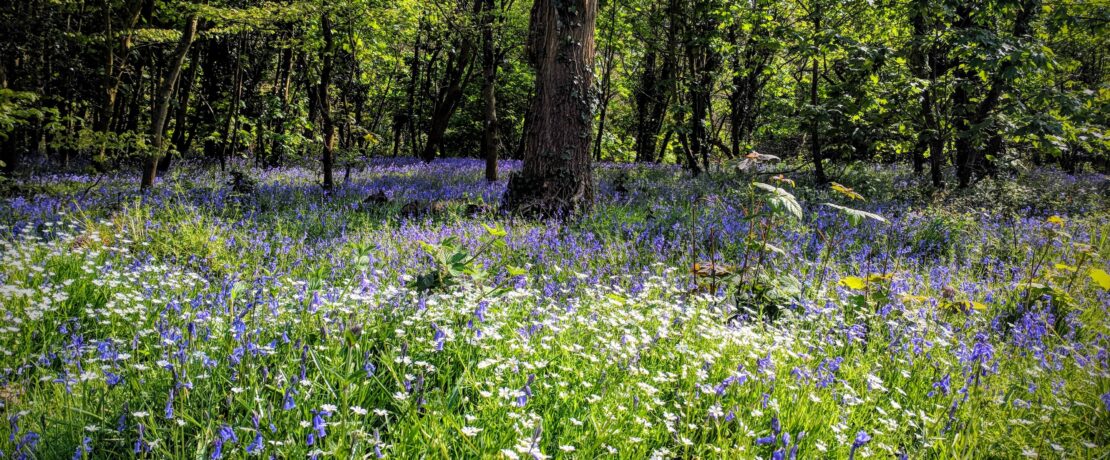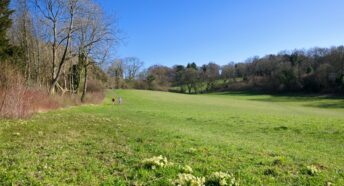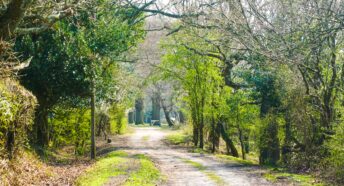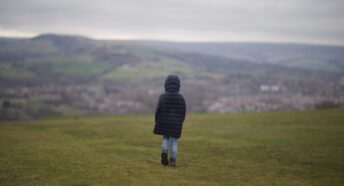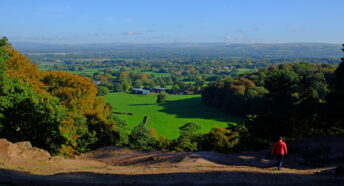Syreeta on the importance of access in our countryside
We all need to get outdoors, connecting with the land, trees and woodland to ground us in amongst daily grind. And it’s known how beneficial it is for our mind and body.
In fact, there are no separations – it’s all connected – we are nature. It’s not this thing that goes on ‘over there’. It’s us, all around us. And fresh air, open spaces and the peaceful sounds of mother nature are medicinal. Going out for a walk is even being prescribed these days! Life feels better being outside.
I love getting outdoors with my family, and we’re fortunate to live in a small rural market town in Somerset. River walks, woodland and the wonders of the Longleat Estate surround this excellent spot.
Yet, as my husband has limited mobility, it takes effort to get ‘out’ when it’s the three of us. Our trips involve plotting, planning and provisions. The spontaneity we experienced before Rob’s brain haemorrhage and stroke in 2014, is no longer an option for us. Rob needs access to gravelled or paved routes, such as a path around a lake, a nature reserve or even a National Trust-type set-up. Off-the-beaten-track rambles and explorations would need specialist equipment, such as a 4 x 4 tramper scooter, a pricey accessory, and sometimes at least another able adult to help us. Many places mean driving to them too, ensuring access to toilets, paths, which means next-level planning and organisation on my part as the ultimate PA.
However, we do what we can when we can. We have a short river walk on our doorstep that is paved and accessible to a point where a gate isn’t quite wide enough for Rob’s equipment to get further along. My guess is to stop motorbikes and quad bikes, so having gates only opened by radar key could help, plus it would open up even more spaces rather than stiles as an alternative option for those unable to climb. Ultimately, designers and planners could improve things in many places and areas, not just the access to the outdoors, by working closely with disabled folk and their families to ensure they fit for purpose.
In the meantime, we will get outside and live life as best we can wherever we can.
